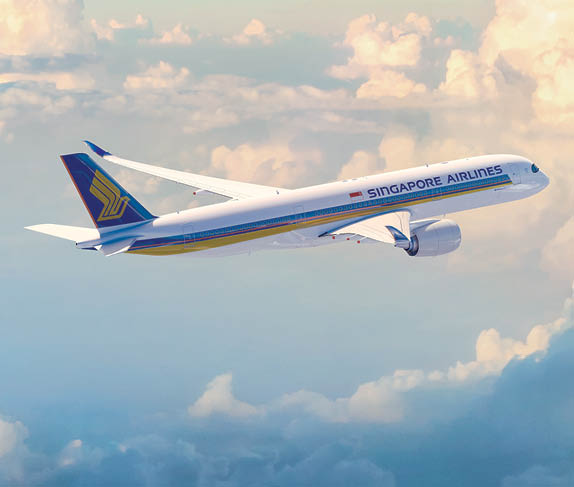Lion Group has selected CFM International’s CFM56-5B engine to power 60 firm Airbus A320ceo (current engine option) aircraft. The agreement is valued at more than $1.2 billion U.S. at list price; the aircraft order was announced in March 2013.
Jakarta, Indonesia-based Lion Group been a CFM customer since the year 2000 and recently took delivery of its 100th CFM56-7B-powered Boeing 737 aircraft
"Our selection of the CFM56-5B engine for the A320ceos was an obvious choice for us,” said Rusdi Kirana, Lion Group founder and president director. "Although we are introducing a whole new engine type, it is coming from the same company that has been with us from the very beginning. Our relationship with CFM has grown as our airline has grown and we know first-hand that these engines will provide a world-class combination of economic efficiency, reliability, and time on wing that will help realize our plans for continued growth.“
“This new order is testament to the great relationship we have built with Lion Group,” said Jean-Paul Ebanga, president and CEO of CFM. “As we watch the explosive growth in commercial aviation in Asia, we are proud to be part of the Lion team as they help redefine the low-cost carrier model in this region.”
“The Lion Group management team has done a phenomenal job of putting this airline in the perfect position for sustainable growth over the long term,” said Kevin McAllister vice president of sales for CFM parent company GE Aviation. “Their acknowledgement of the value that CFM and the CFM56 product line bring to their operations is highly gratifying, and we look forward to the future with great anticipation.”
All of Lion Group’s new engines will be the CFM56-5B Performance Improvement Package (PIP) configuration. The PIP became the new production configuration for the CFM56-5B in 2011. The improvements, which is providing a 0.5% improvement in fuel burn, include hardware changes to the core, including new high-pressure turbine blade, as well as manufacturing changes the fan and compressor blades and vanes to improve performance retention. The engine maintains the same noise signature as the current production engine and meets current International Civil Aviation Organisation (ICAO) Committee of Aviation Environmental Protection standards (CAEP /6) requirements.

